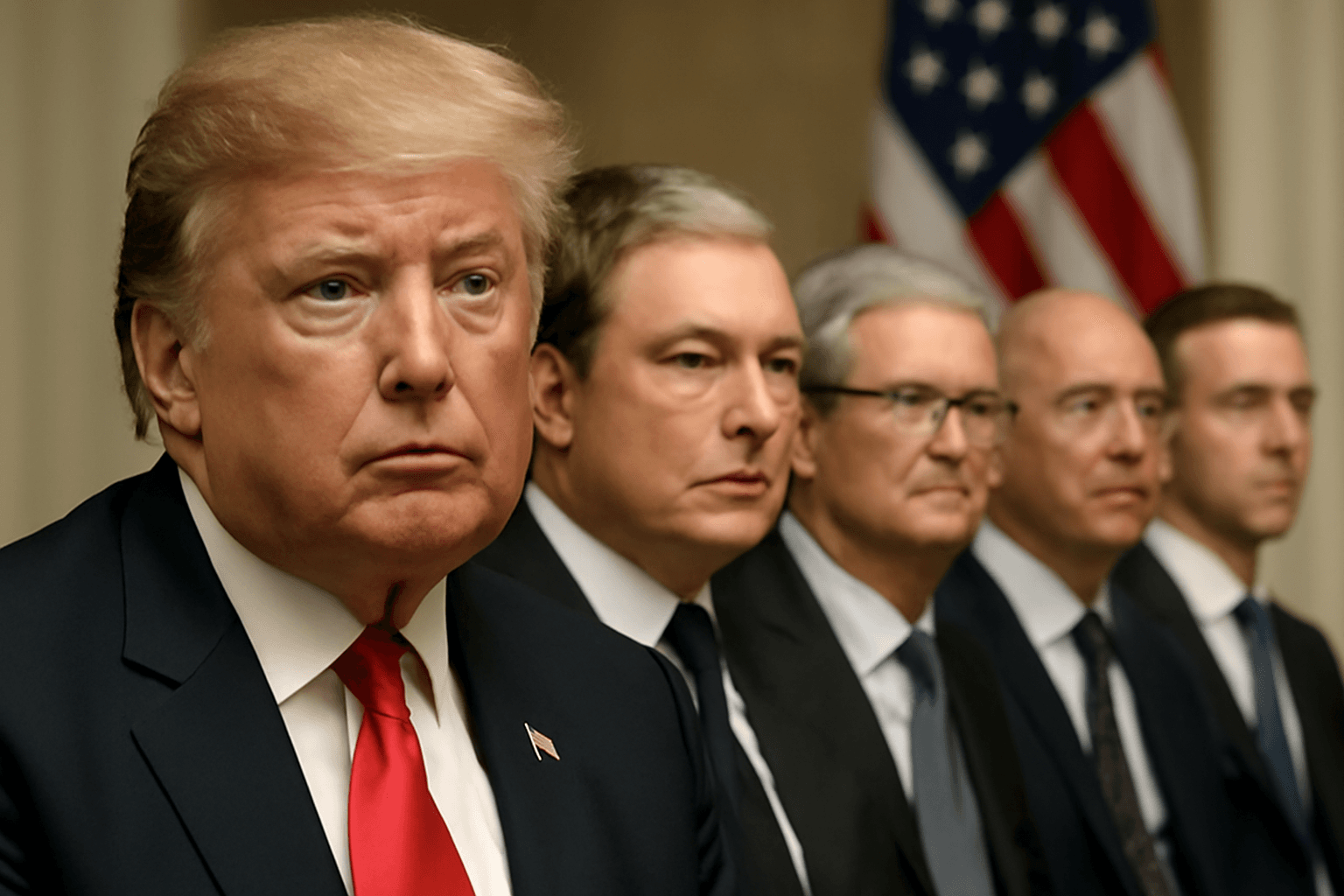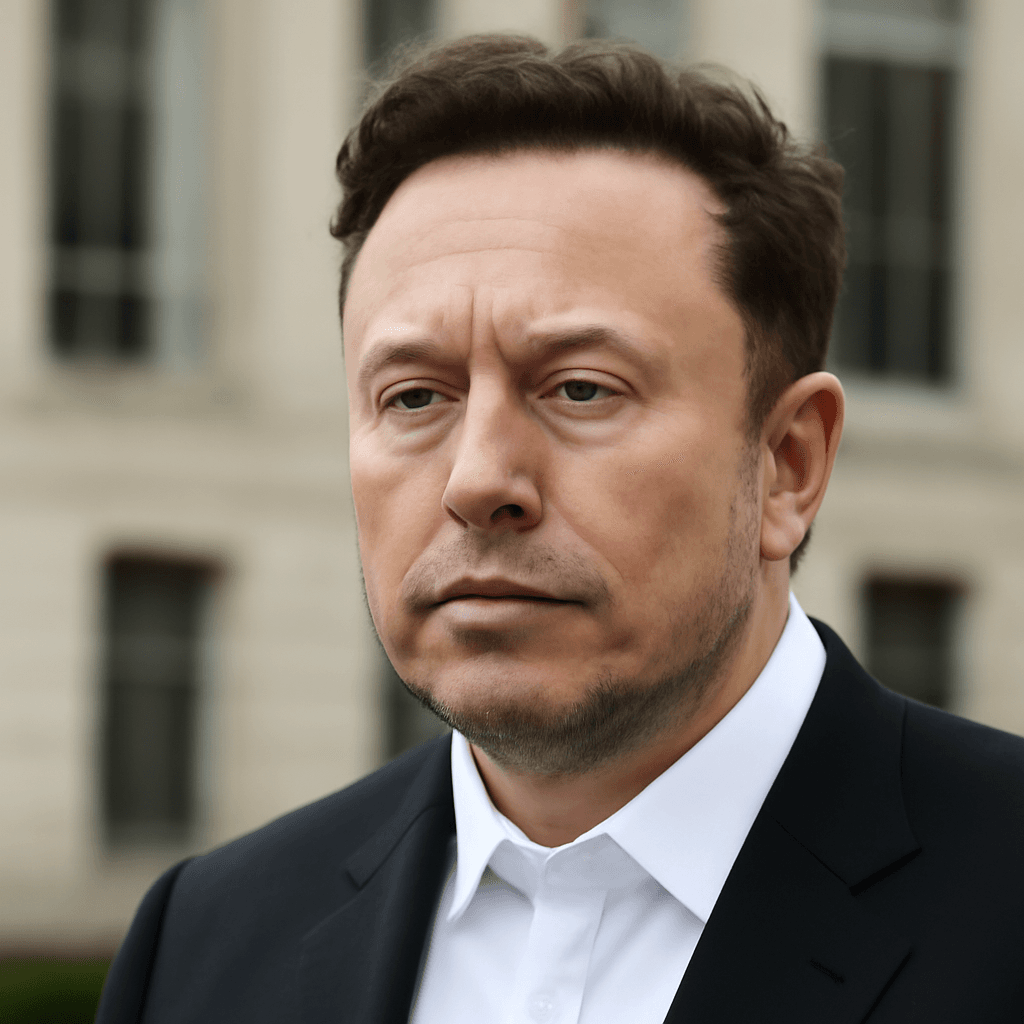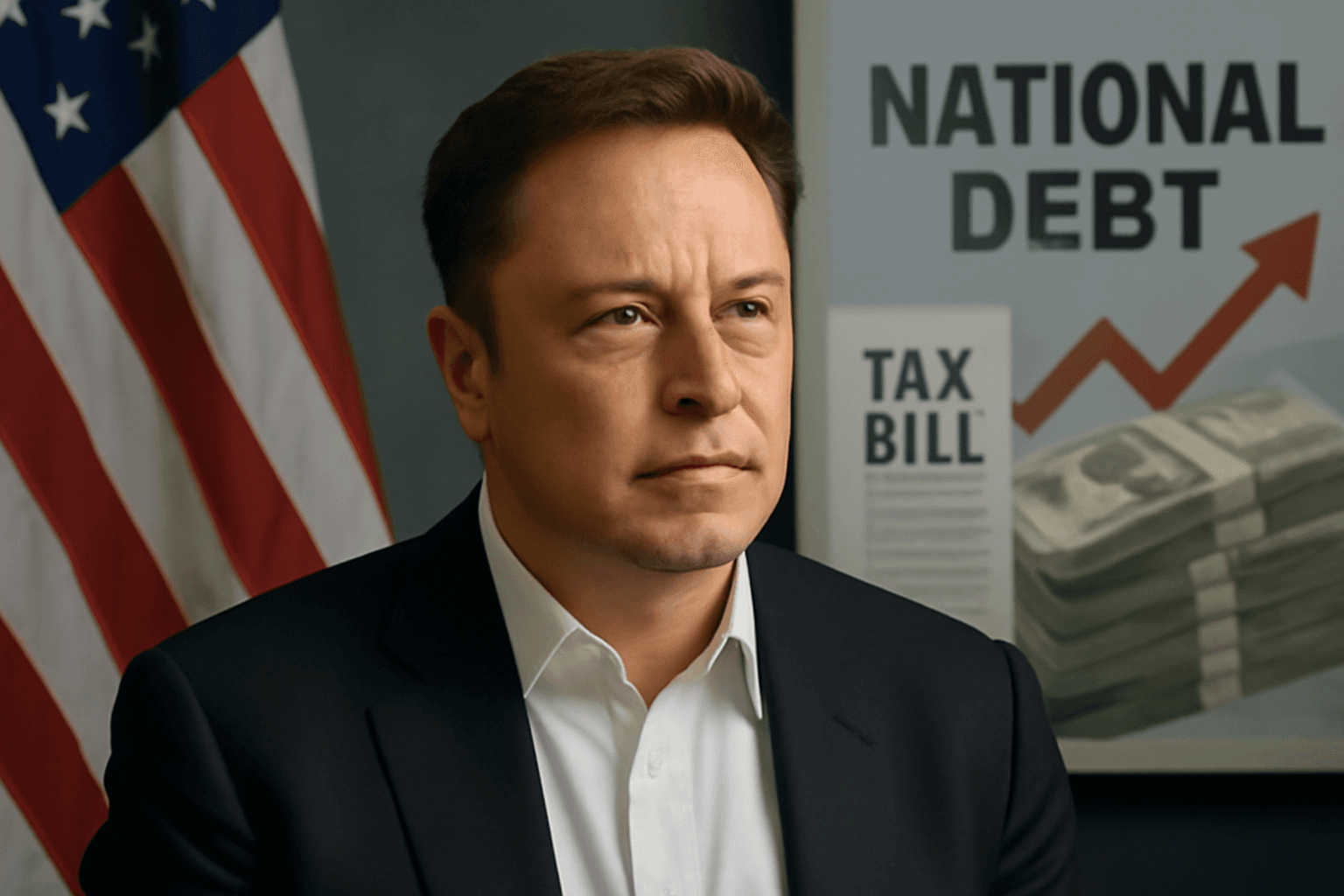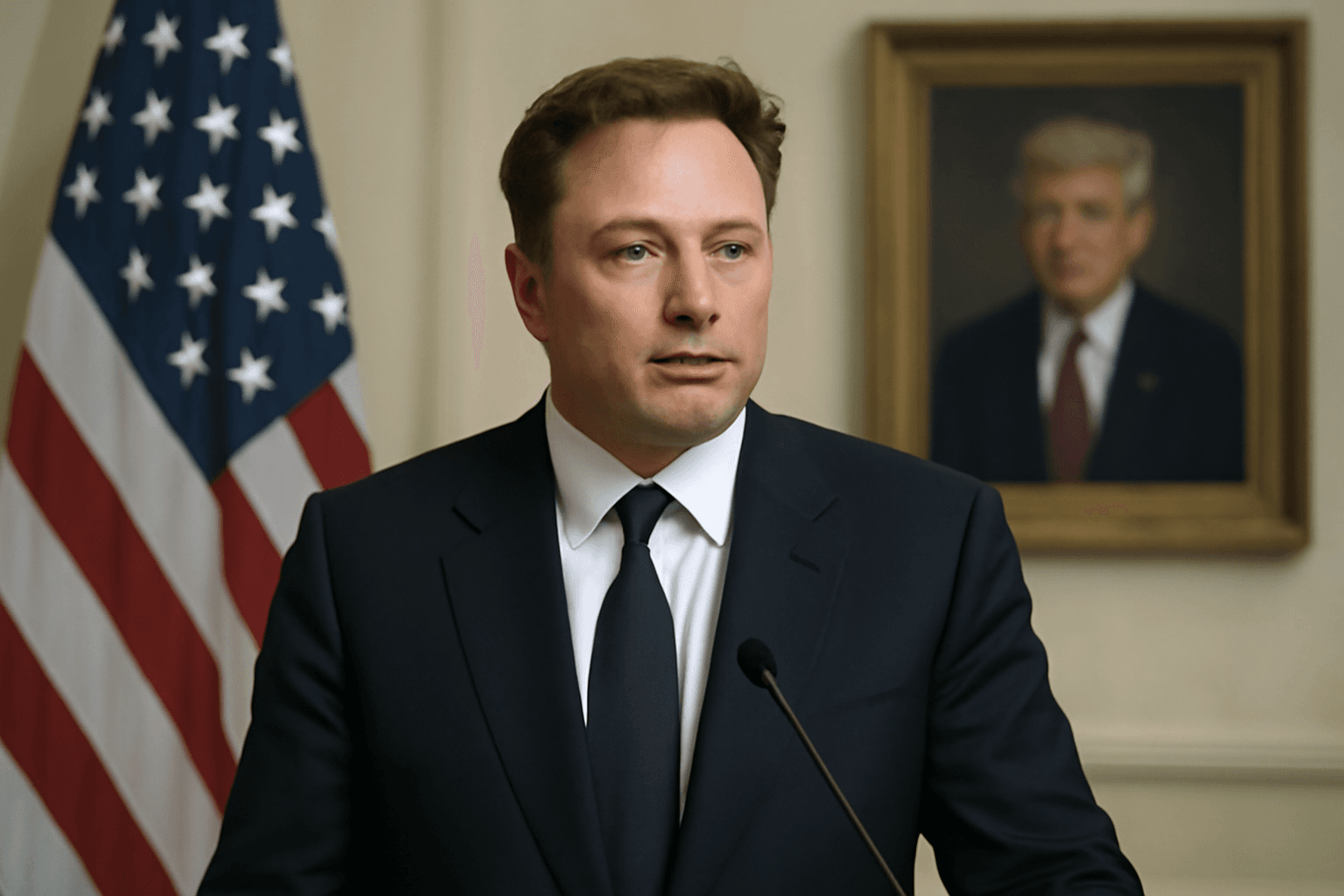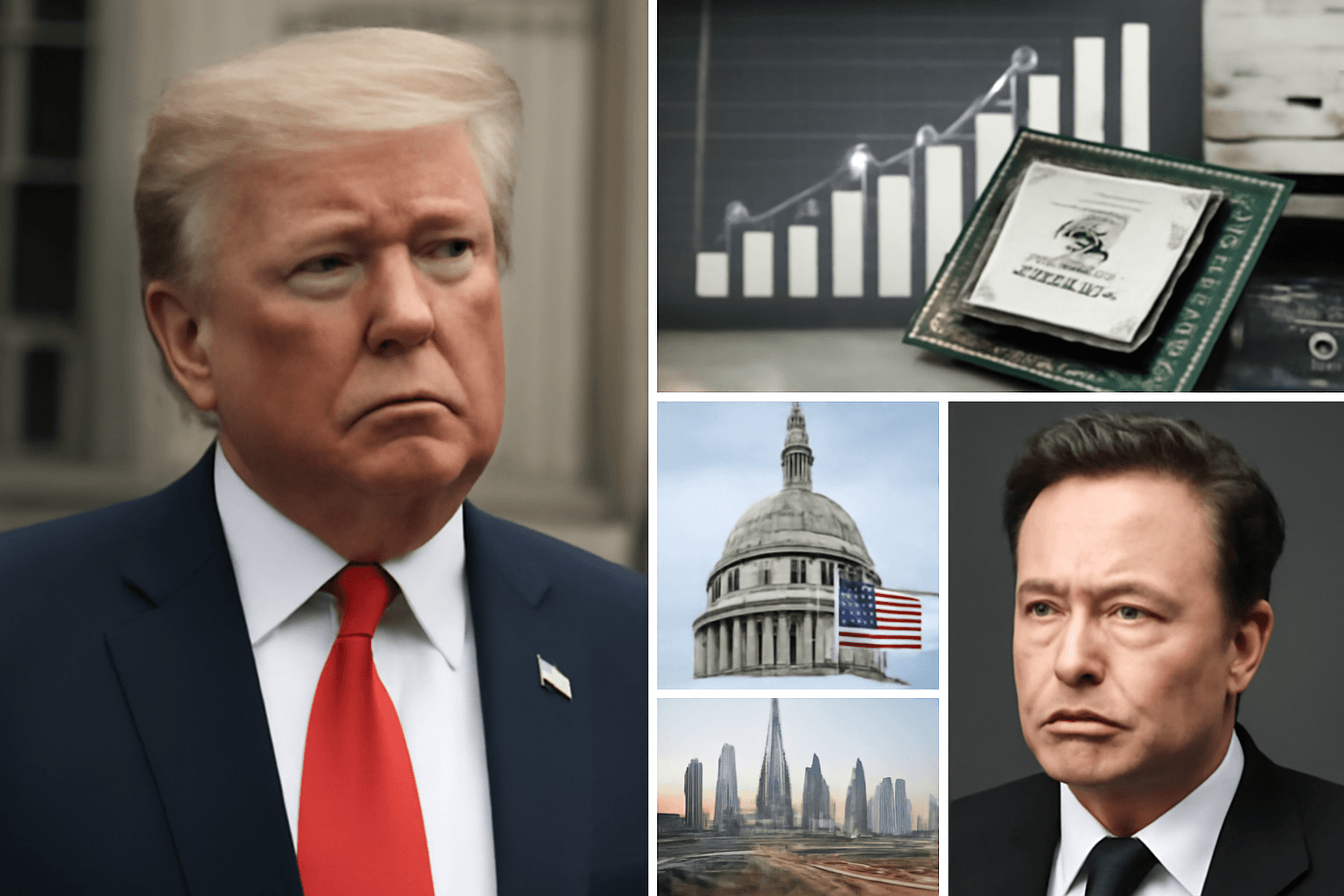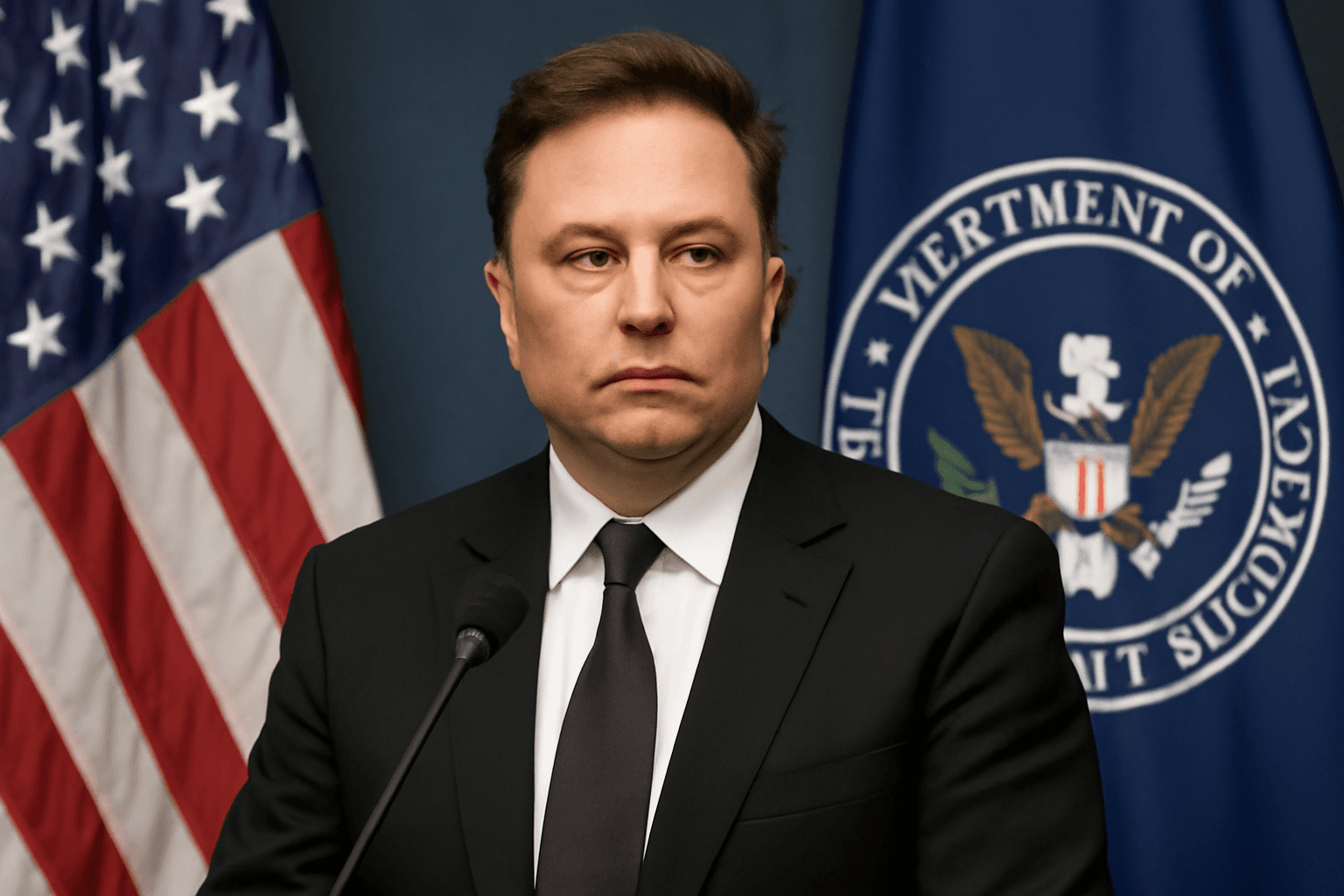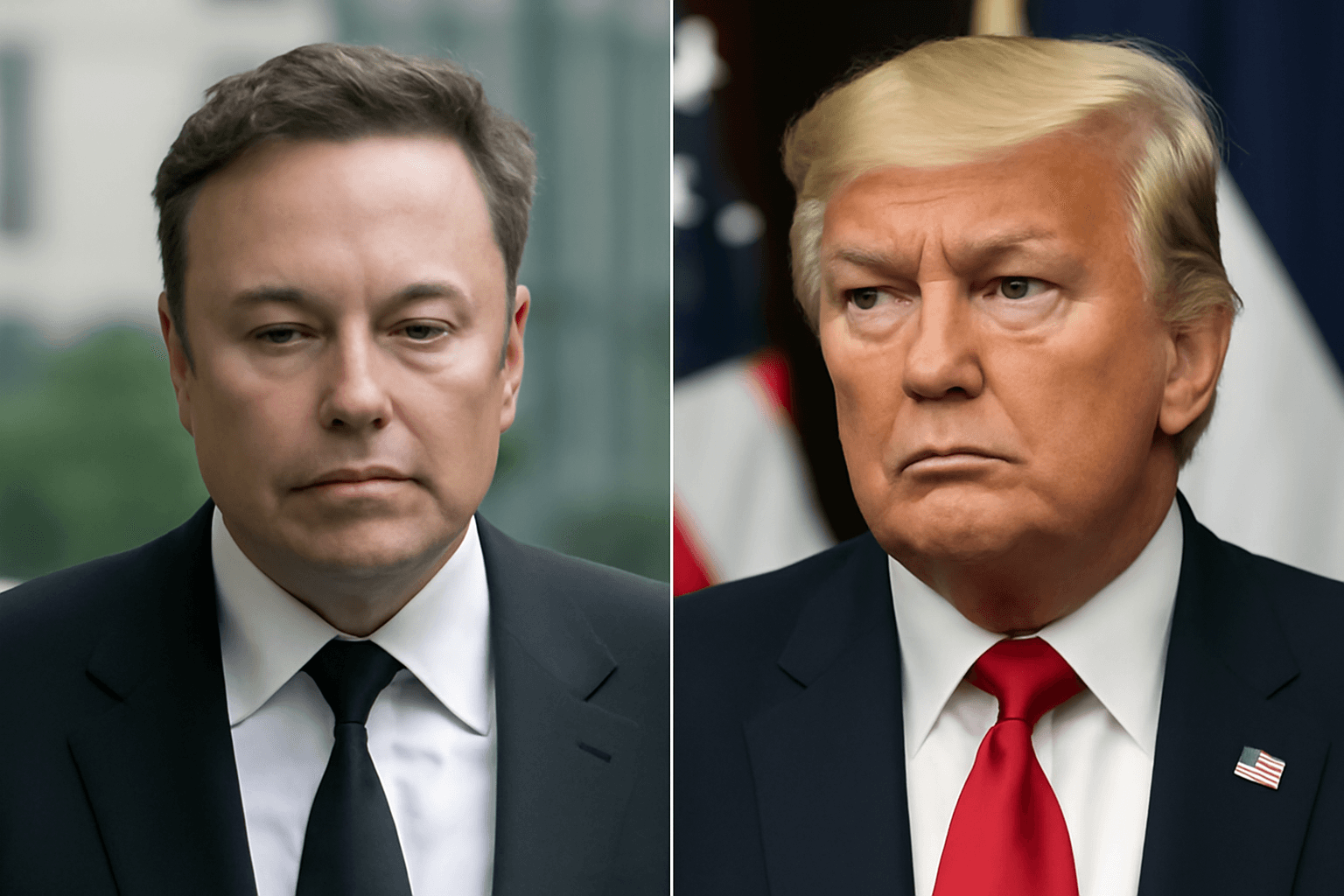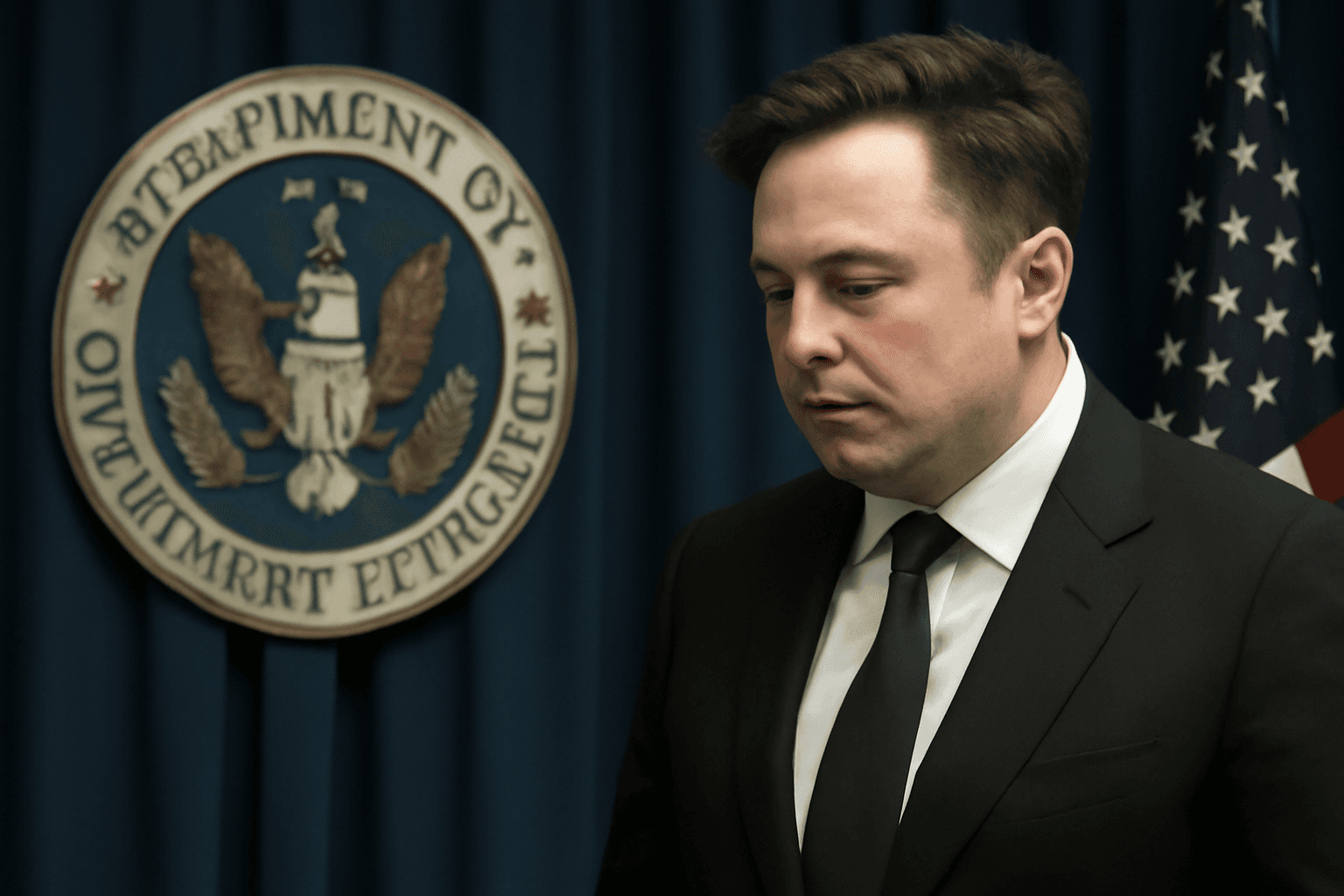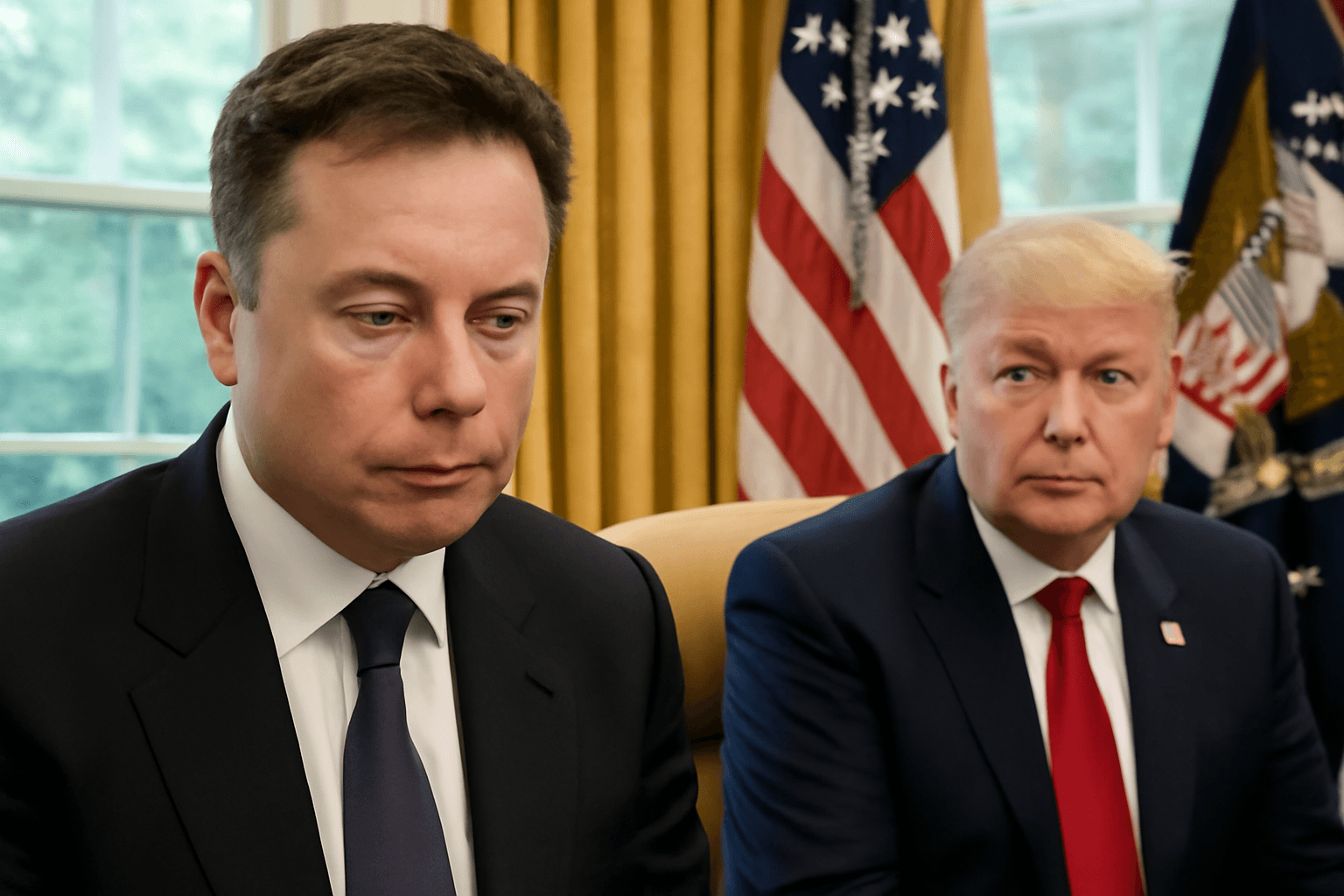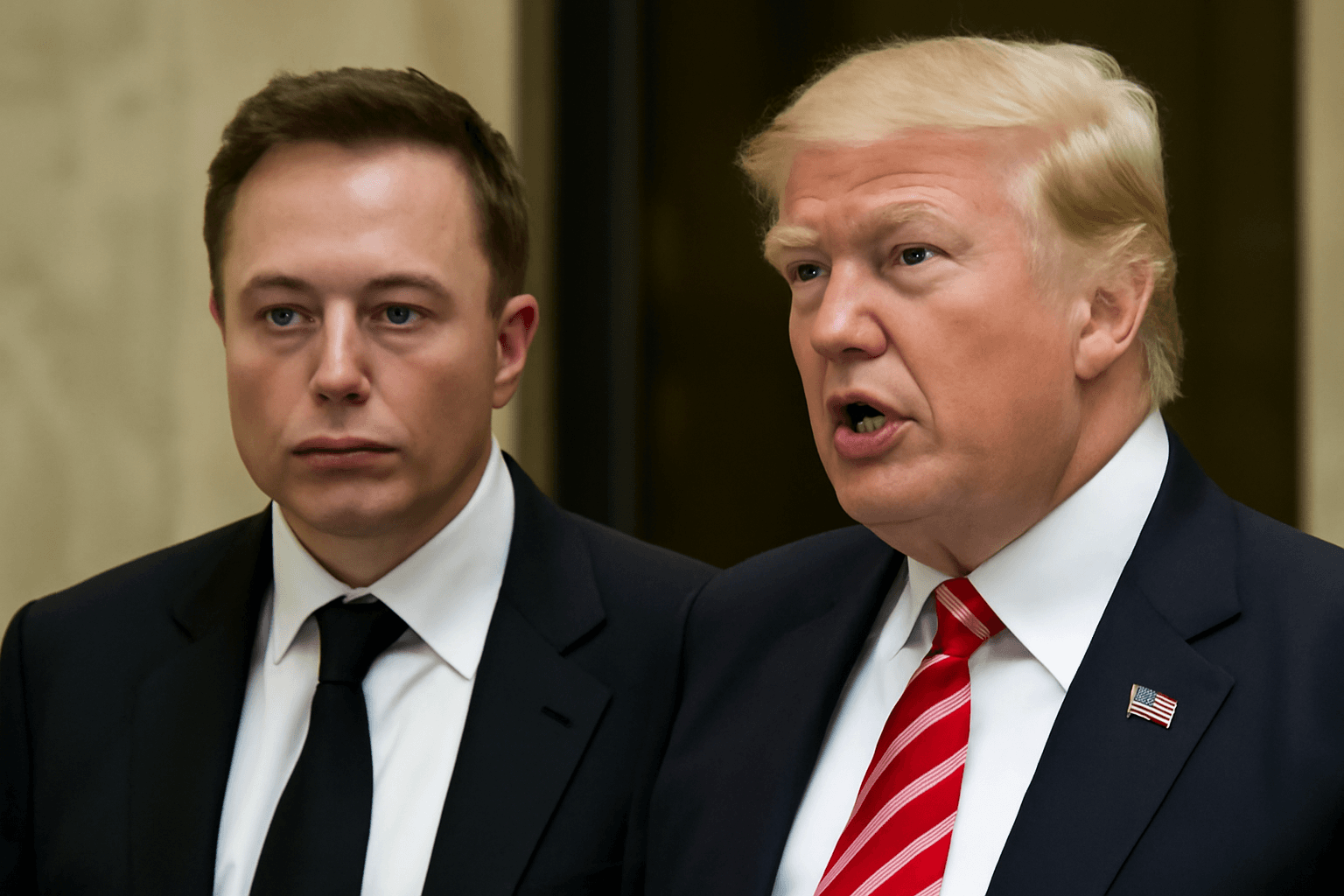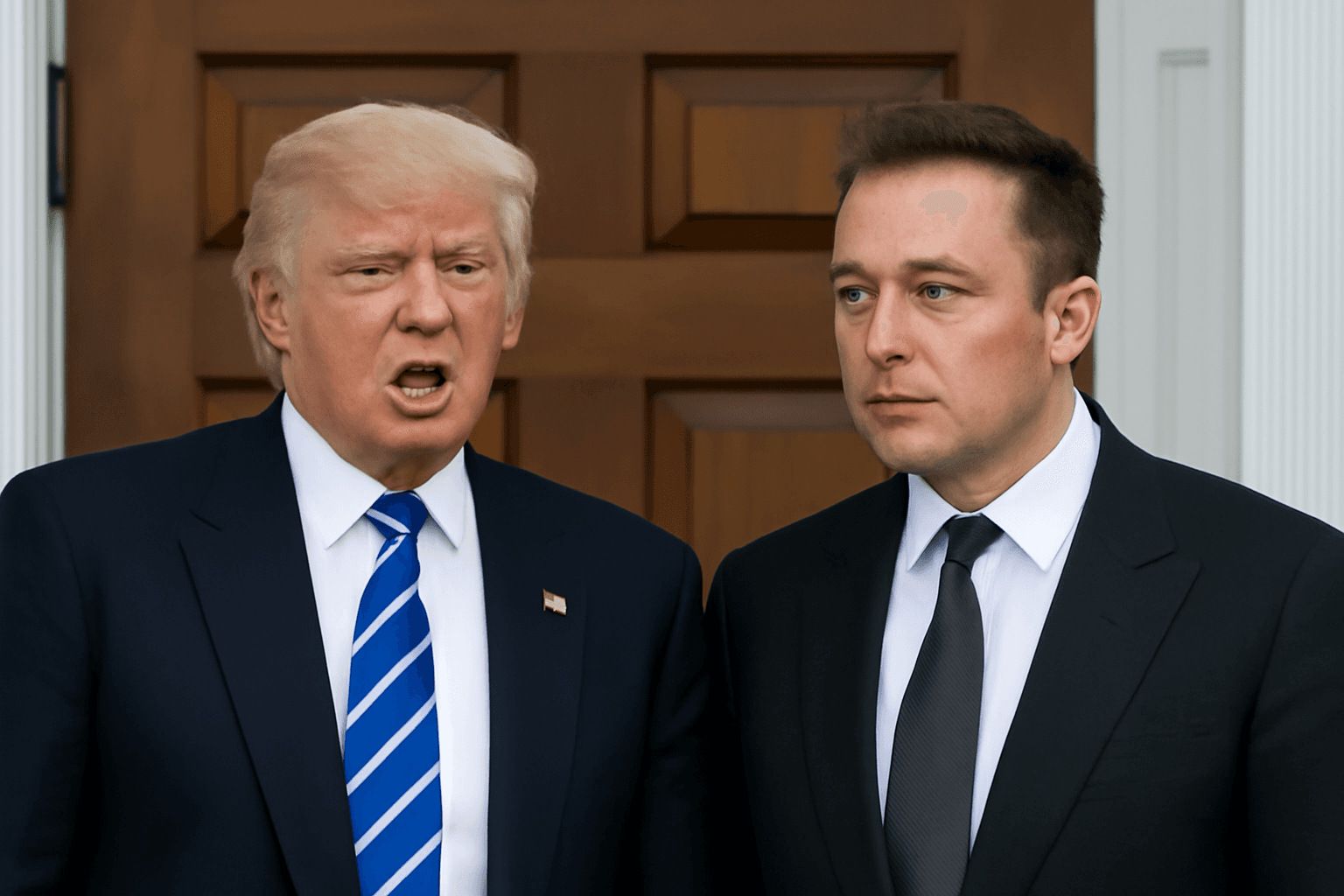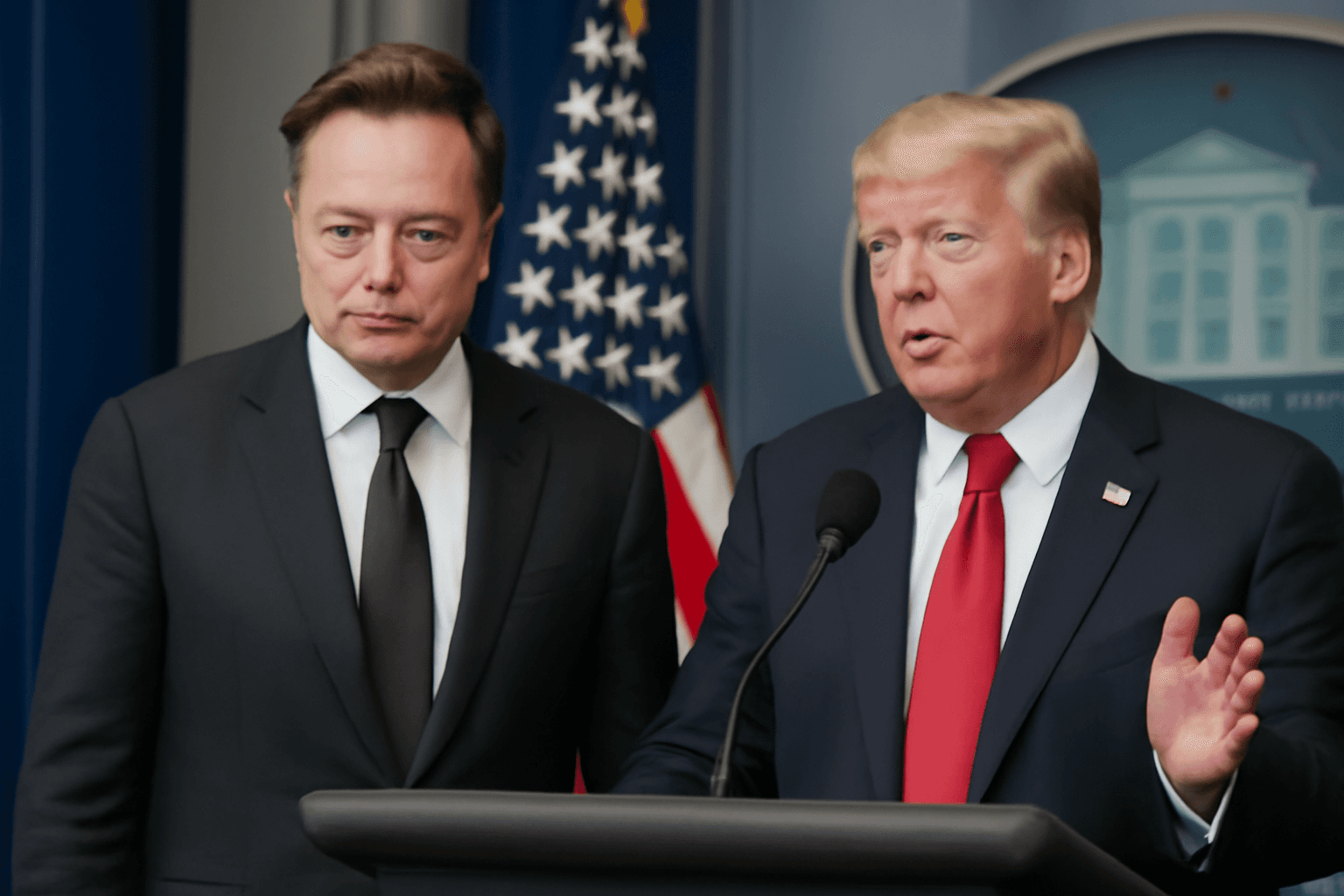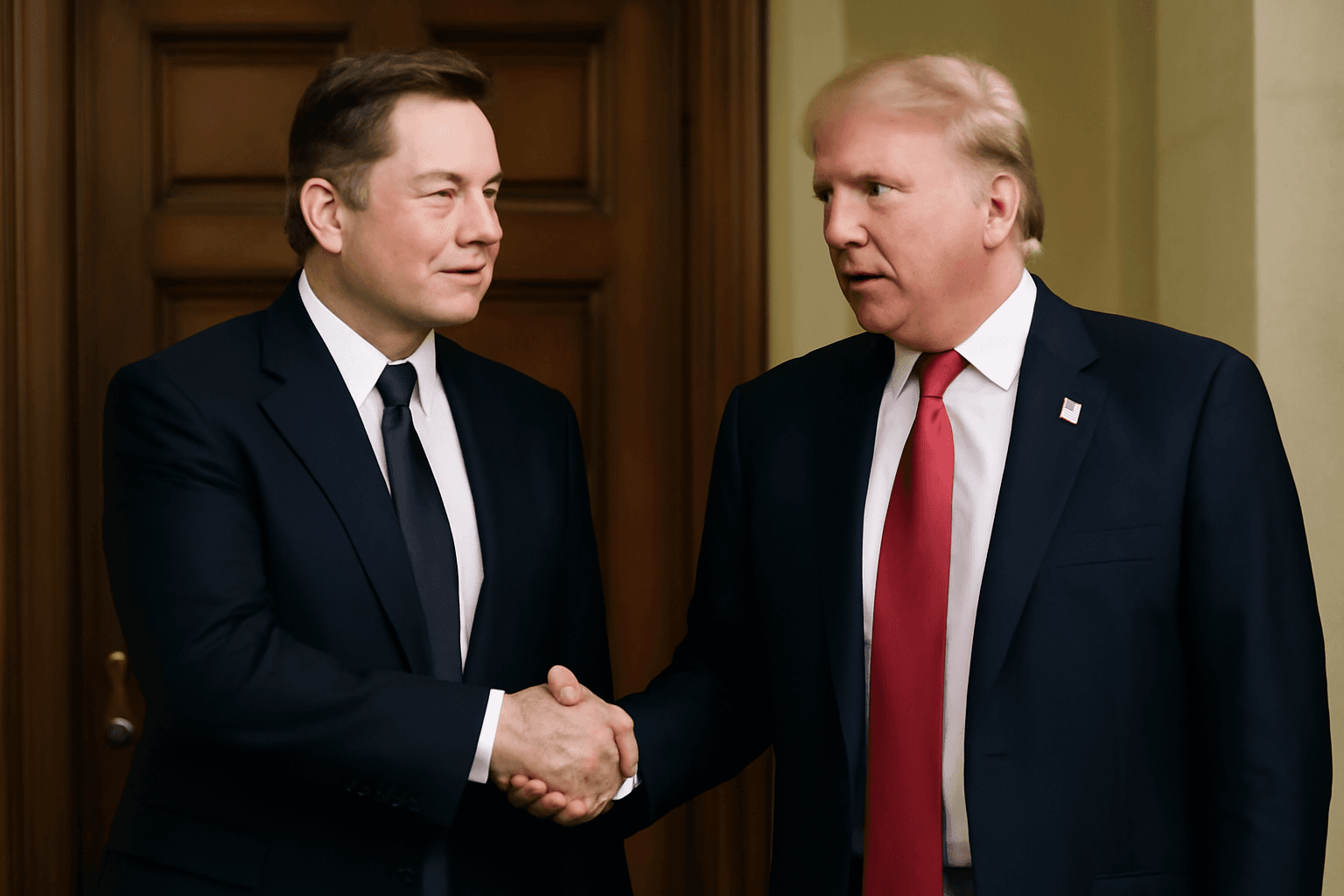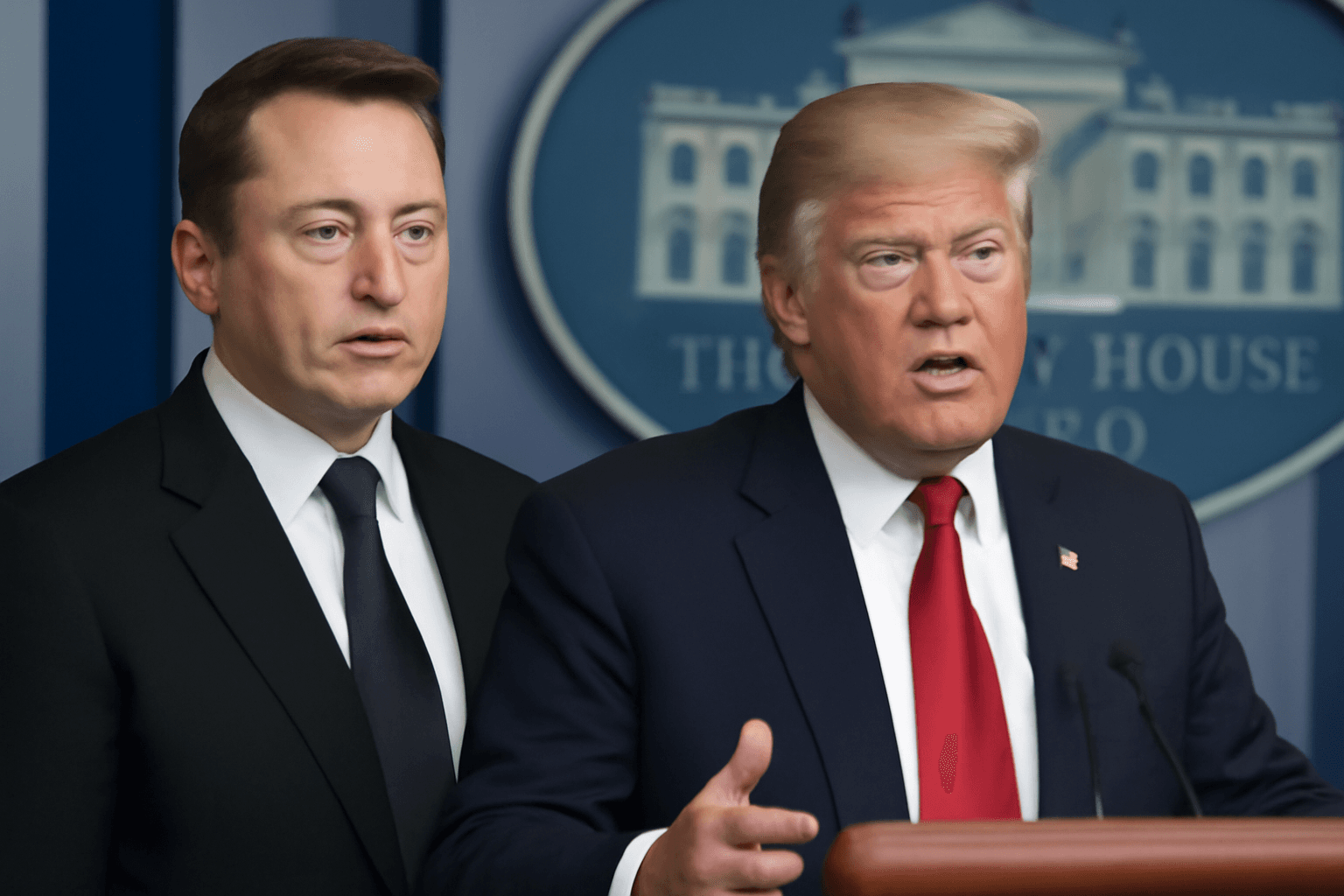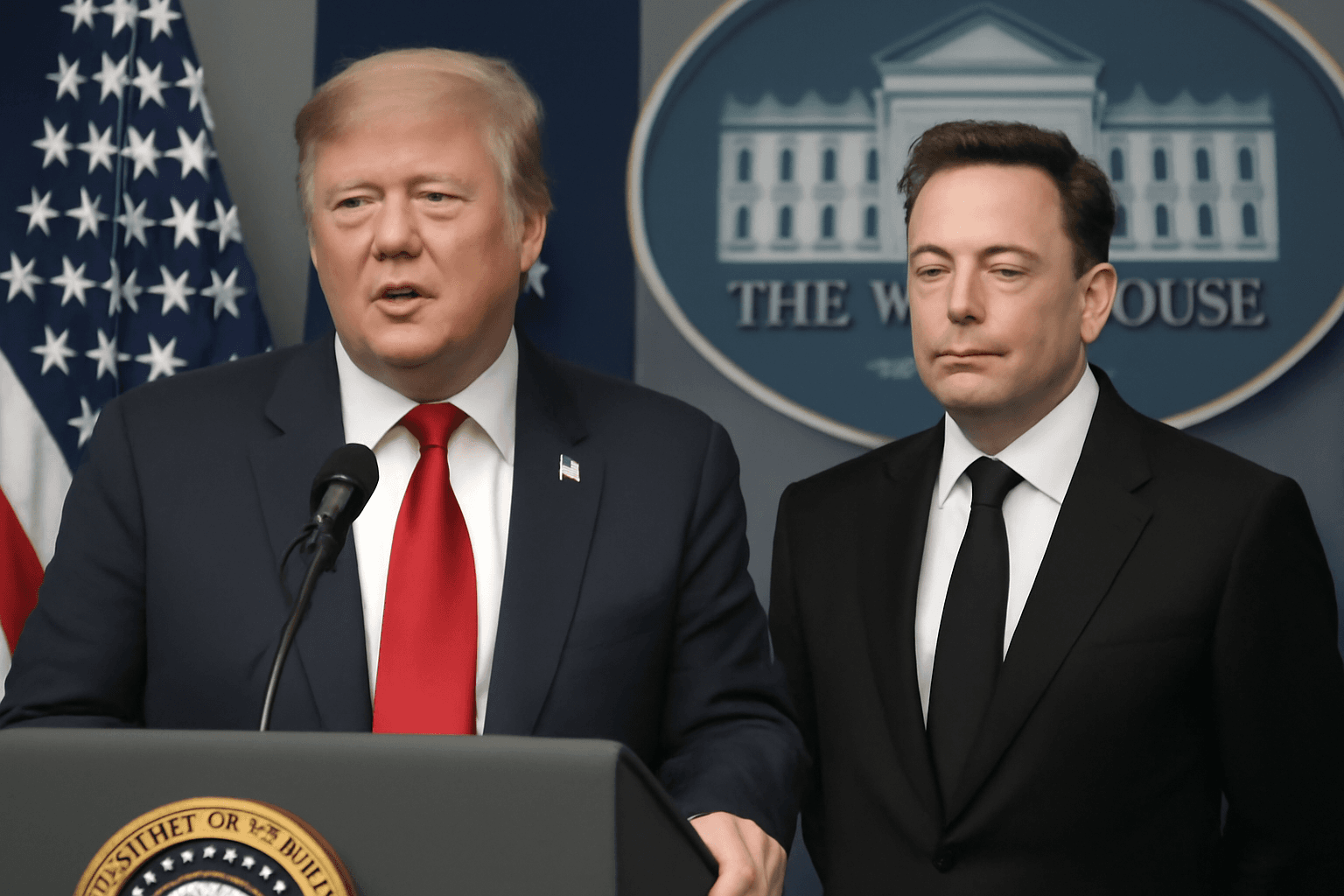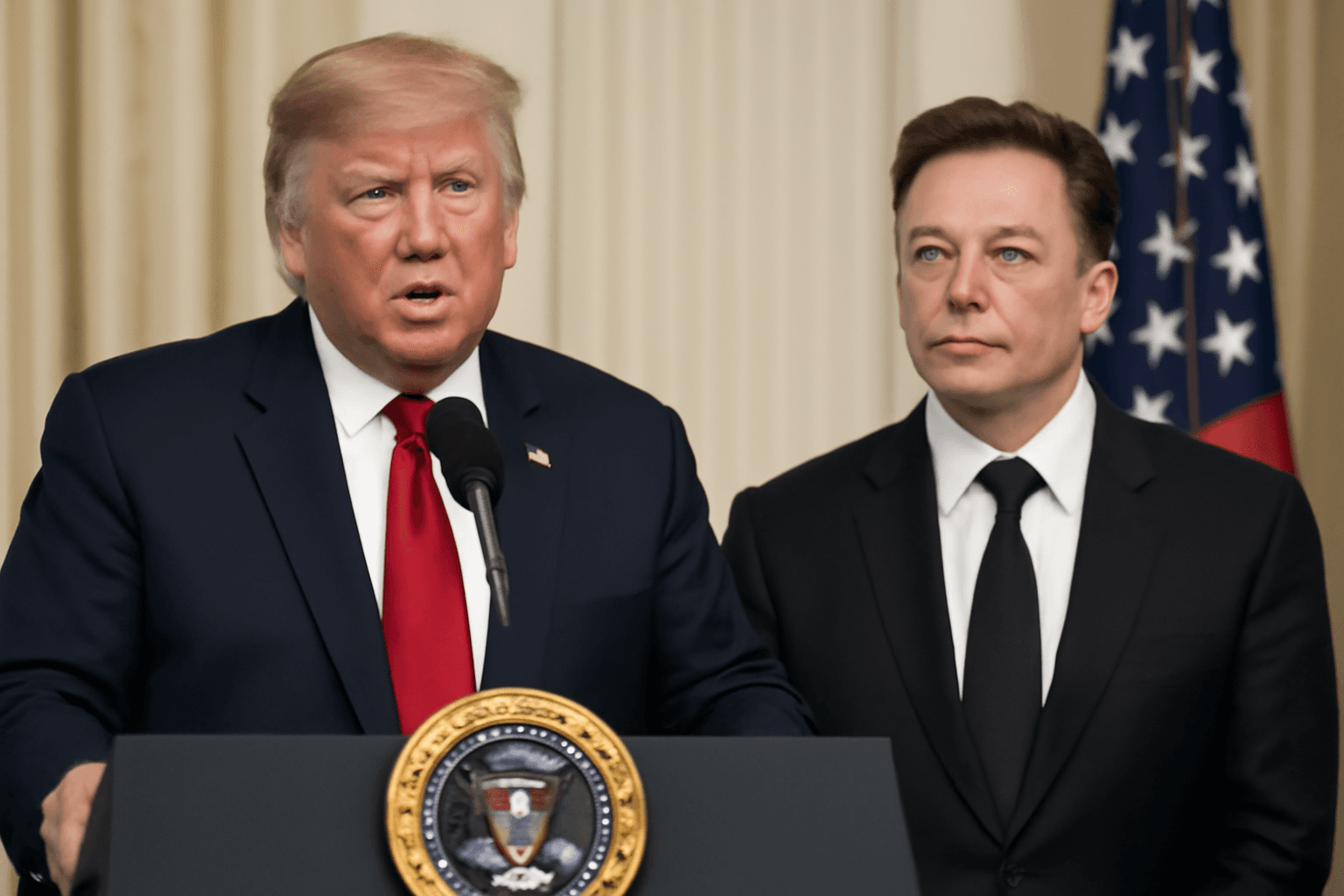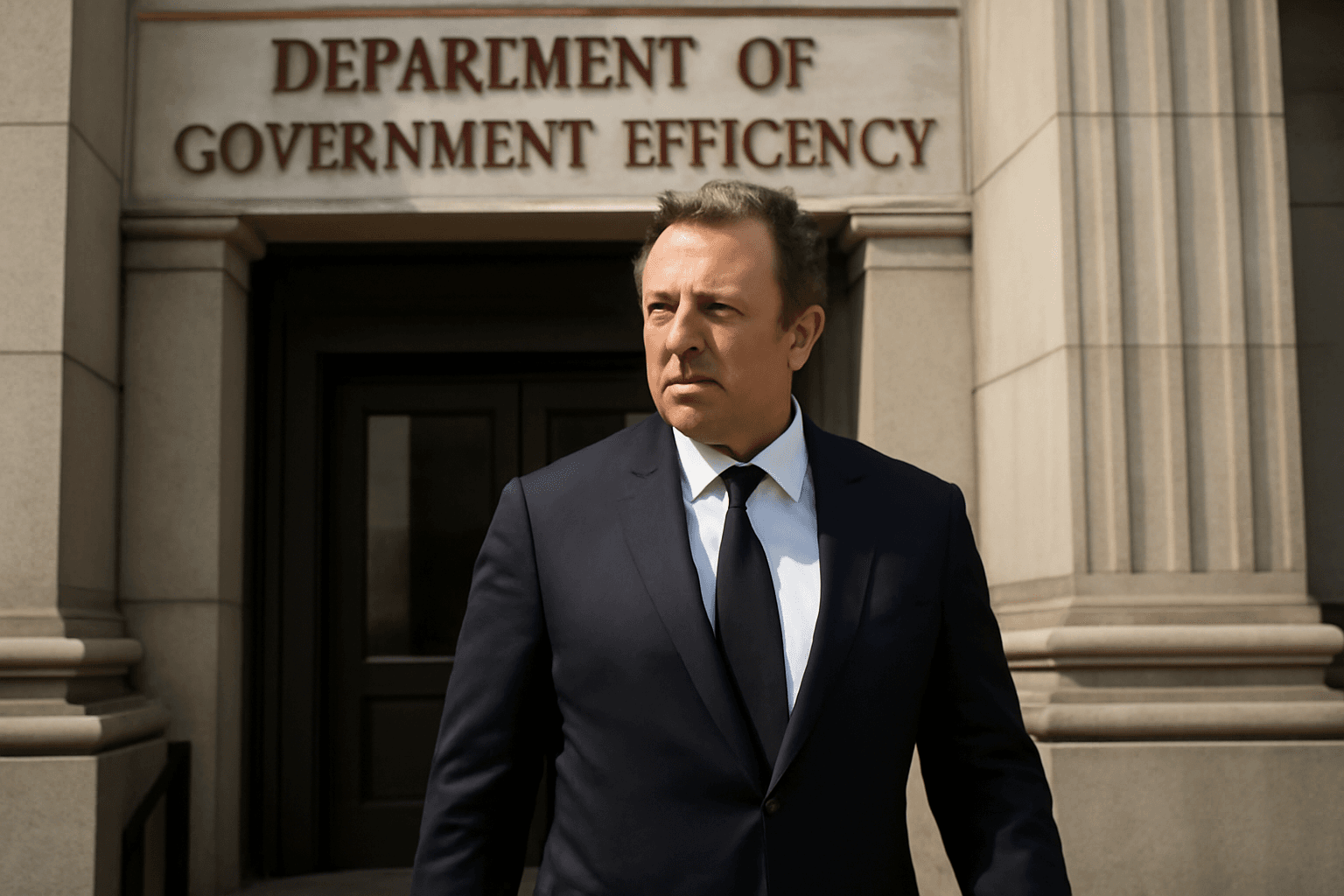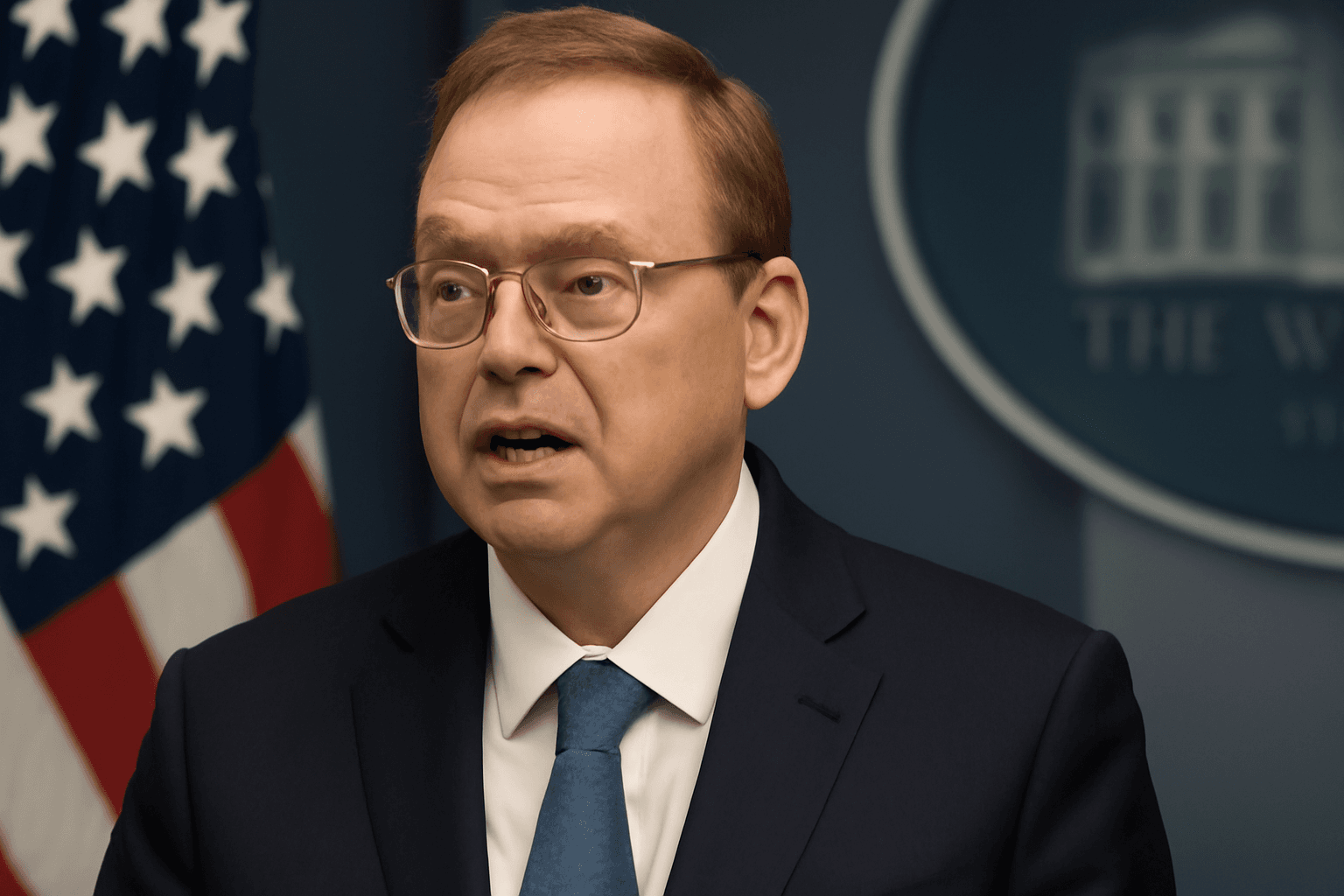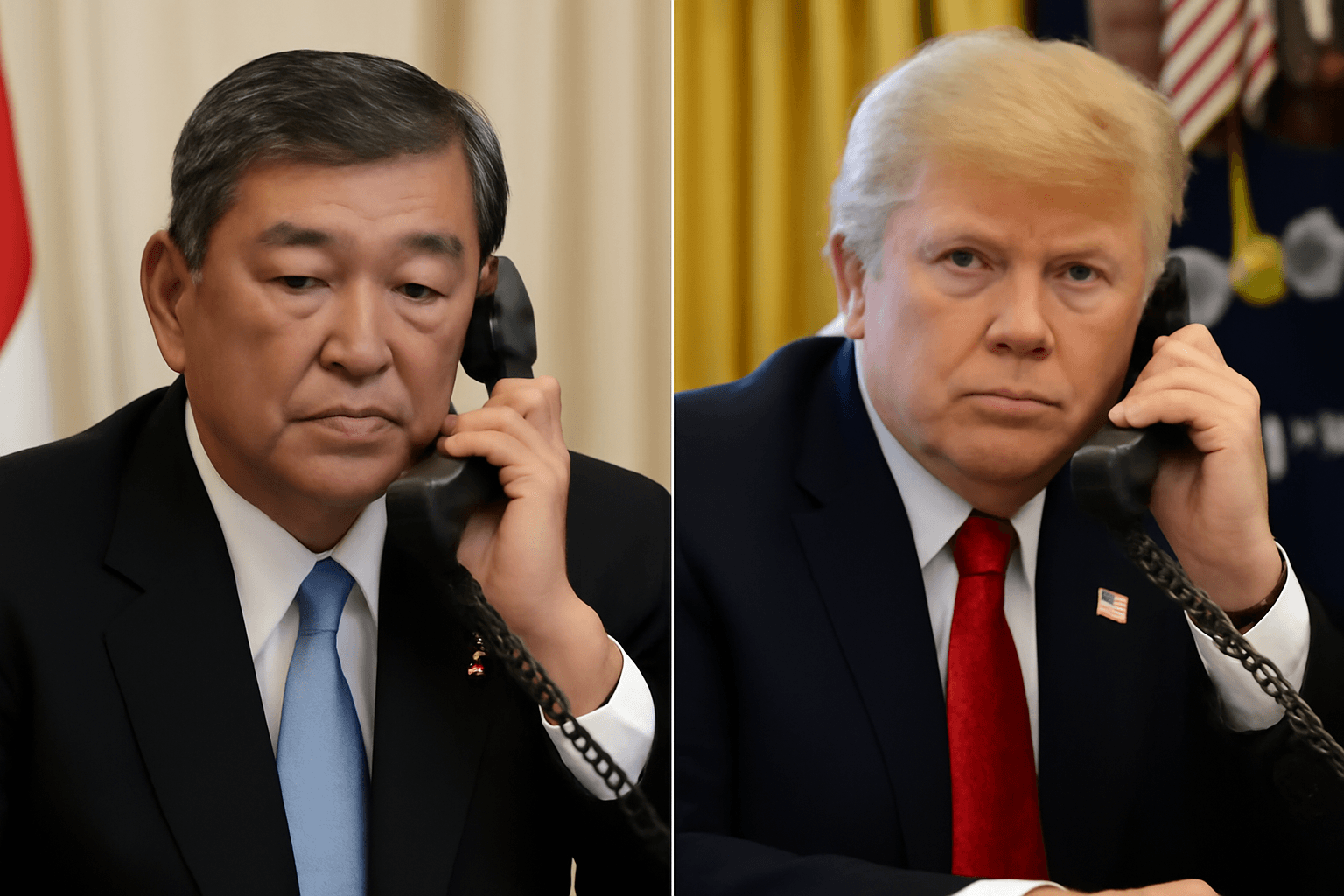By mid-2025, it became increasingly evident that Donald Trump defied control from even the most influential figures in Silicon Valley, despite their early support. Tech titans including Elon Musk, Jeff Bezos, Tim Cook, and Mark Zuckerberg initially believed they could manage or influence Trump’s administration to benefit their interests. However, their experiences reveal the volatility and unpredictability of Trump’s political maneuvering.
Elon Musk: From Government Efficiency Chief to Disillusioned Outsider
In February 2025, Elon Musk made a dramatic entrance at CPAC brandishing a chainsaw, symbolizing his commitment to cutting government waste as the appointed head of the newly created Department of Government Efficiency (DOGE). Musk promised sweeping federal budget cuts and pledged financial support to Trump’s political apparatus. However, within months, Musk grew frustrated with bureaucratic obstacles and policy disagreements, particularly over a controversial AI deal with Abu Dhabi and Trump’s expansive spending plan. By May, Musk publicly resigned from his position, citing toxicity and inefficiency, signaling his disenchantment with attempting to ‘optimize’ government like a startup.
Jeff Bezos: Attempted Truce Meets Regulatory Pressure
Jeff Bezos, through Amazon and The Washington Post, initially sought a cautious approach, moderating editorial tones and contributing to Trump’s inauguration. Yet tensions escalated in April 2025 when Amazon considered passing tariff costs to consumers, provoking White House rebuke and forcing a retraction. Despite temporary praise from Trump, Amazon remained under harsh antitrust scrutiny. Bezos’s experience highlights that conciliatory gestures provided only short-term relief amid ongoing political and regulatory challenges.
Tim Cook: Diplomatic Tightrope and Tariff Threats
Apple CEO Tim Cook endeavored to navigate Trump’s trade policies by maintaining global supply chains and quietly advancing manufacturing in India. Despite private meetings, Trump publicly threatened a 25% tariff on imported iPhones, causing stock declines and underscoring the limits of corporate influence. Moreover, the Department of Justice’s continued antitrust actions against Apple’s App Store, inherited and sustained across administrations, reflect the persistent legal pressures facing tech giants.
Mark Zuckerberg: Appeasement Fails to Forestall Regulatory Action
Meta CEO Mark Zuckerberg made several moves to align with Trump’s agenda, including donations, public praise of Trump’s responses, and dismantling certain internal programs. Nevertheless, in April 2025, the Federal Trade Commission, led by Trump appointees, initiated a significant antitrust case challenging the future of Instagram and WhatsApp. Zuckerberg’s attempts at appeasement did not shield Meta from escalating scrutiny and internal discord.
The Underlying Reality: Trump’s Political Calculus
These interactions reveal that Trump’s loyalty remains strictly transactional and self-serving, unbound by ideological or industry alliances. Political support does not guarantee immunity from antitrust enforcement, tariffs, or regulatory pressures. Furthermore, the tech leaders’ efforts to influence or accommodate Trump have sparked internal tensions within their companies, unsettling investors and employees alike.
Conclusion: The Limits of Influence in an Unpredictable Era
Silicon Valley’s attempts to partner with Donald Trump have underscored a broader lesson: Trump embodies a disruptive political force rather than a predictable operator. Unlike controllable business entities or bureaucracies, his leadership defies standard management tactics. As Musk, Bezos, Cook, and Zuckerberg have learned to their detriment, aligning with Trump offers no guarantees, only heightened risks and unpredictable outcomes.

